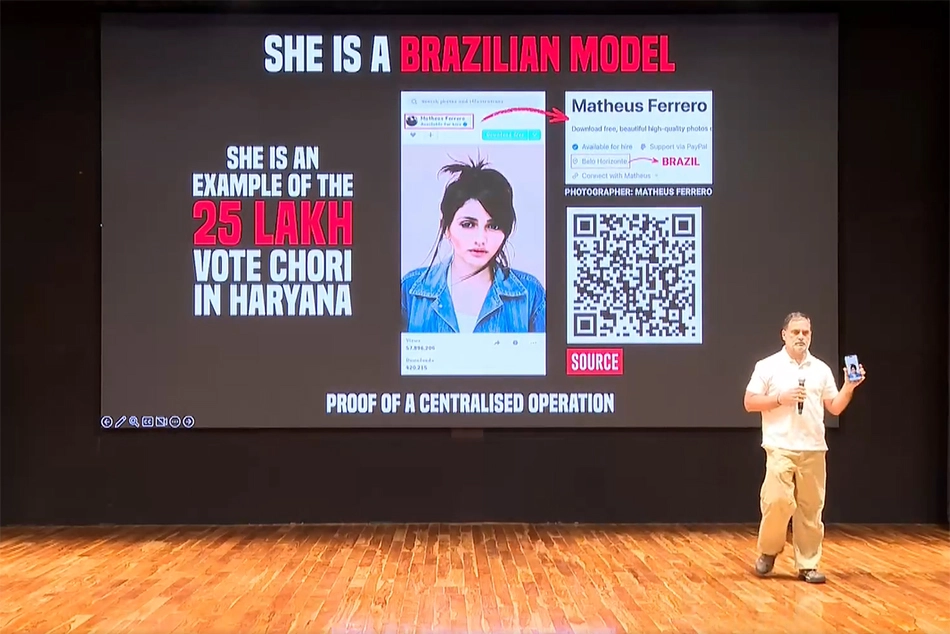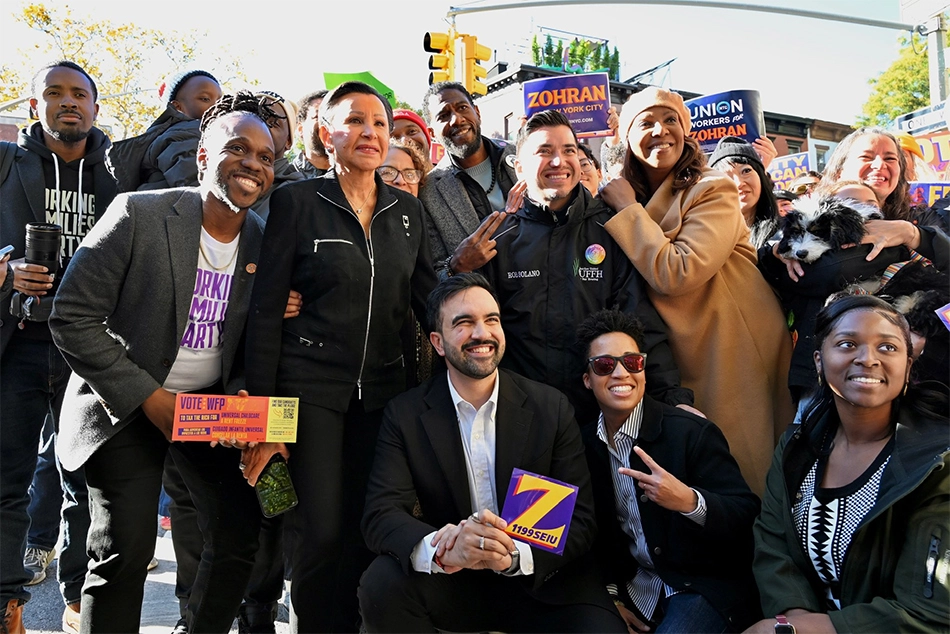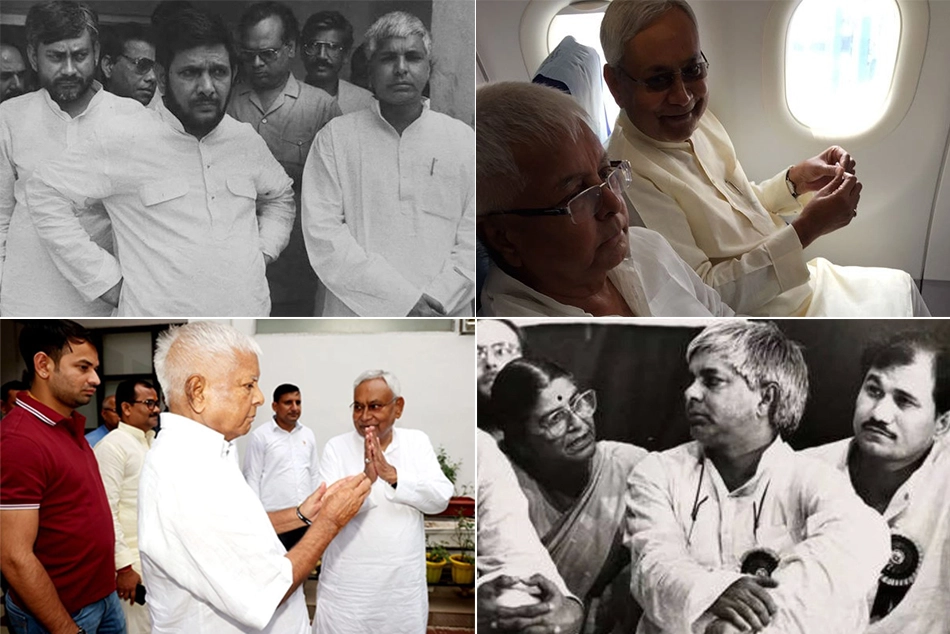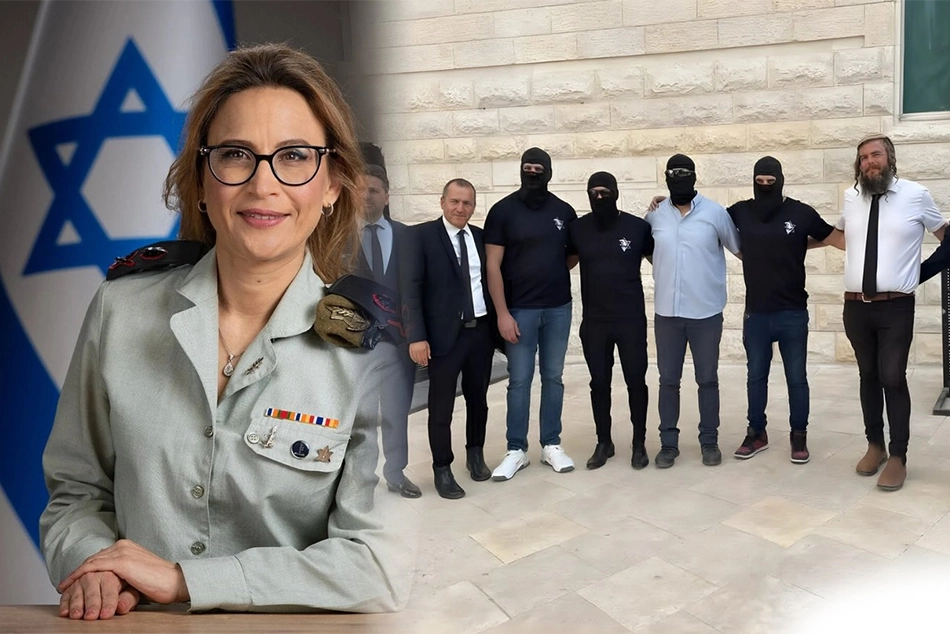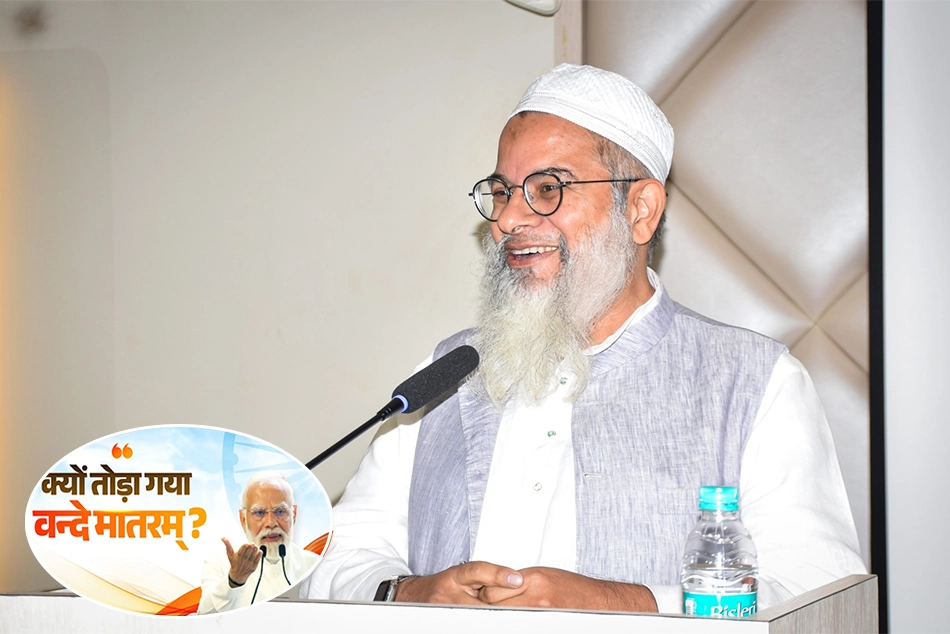
Maulana Abul Kalam Azad
True tribute to Mualana Abul Kalam Azad lies not in ceremonial remembrance but in fostering the compassionate, united country he envisioned—a task still urgent and unfinished
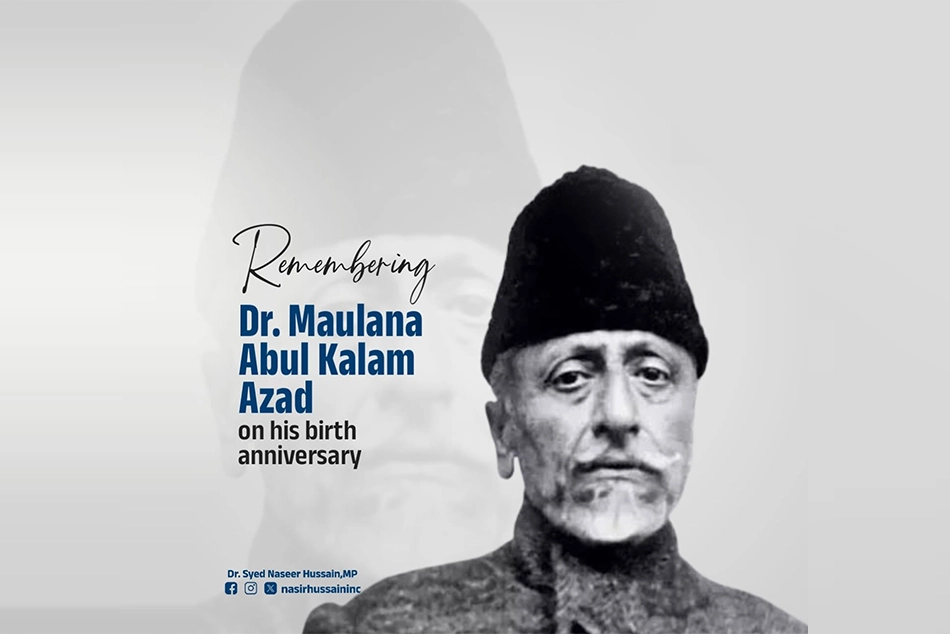
Maulana Abul Kalam Azad was born on November 11, 1888, in Makkah, Saudi Arabia. His father, Maulana Khairuddin, settled in Makkah after participating in the First War of Independence in 1857 and opposing British rule in India. While living in Makkah, Khairuddin guided the newly established Deoband religious institution founded by his disciples in 1867.
Following local tradition, Azad was given two names at birth: Mohiuddin Ahmad and Firoz Bakht, with the latter intended for his role as a future heir to the Muslim seat in Calcutta. As a young scholar, Azad adopted the pen name “Azad” for his writings. His traditional Islamic education in Makkah led to remarkable theological proficiency, earning him the title “Abul Kalam,” or “Vidya Vachaspati,” by the age of eighteen.
Return to India and Entry into Public Life
Maulana Khairuddin returned to India at the insistence of his followers wishing to restore the Muslim seat in Calcutta. Now established, the Indian National Congress was actively supported by the Deoband institution, making Azad’s entry into Congress a natural step upon his return.
Azad then pursued modern education in India, mastering Hindi, Urdu, and English, with innate expertise in Arabic. By the age twenty, he traveled extensively across Arabia, Egypt, Turkistan, and Iraq-Iran, enriching his worldview.
Role in Freedom Movement and Journalism
In 1912, Maulana Azad launched the magazine Al-Hilal from Calcutta to awaken public consciousness. Its powerful articles inspired leaders, like Sarhadi Gandhi Khan Abdul Ghaffar Khan, and challenged British colonial rule through Quranic arguments. British authorities soon arrested Azad and banned Al-Hilal, leading him to establish another magazine, Al-Balagh, after his release.
In 1923, he was elected President of the Congress session in Delhi at the age 35, marking a rise to extraordinary popularity within a decade.
Progressive Religious Thought and Reform
Azad’s commentary on Quran, published in 1930, offered a revolutionary analysis, emphasizing contextuality, interfaith harmony, and pure humanity as its foundations. Orthodox maulanas condemned him for bid’ah (innovation), irtikab (transgression), and irtidad (apostasy), punishable then by death by stoning.
Azad argued that ijtihad (independent reasoning) and qiyas (analogy/rational thought) are intrinsic to Islam. He criticized rigid literalism and rejected interpretations that enforced divisive concepts like jihad and kafir, labeling them as products of political corruption in history. For Azad, religious texts must be understood within their historical and sociopolitical context, not bound by ancient dogma.
Ummat-ul-Wahida: Vision of Inclusive India
Maulana Azad’s interpretation of “Ummat-ul-Wahida”, or the unified community, stemmed from Islam’s formative years in Medina, when six religious groups coexisted in harmony. He insisted that force should not dictate religious conversion and that true religion means establishing democratic, secular principles and justice for all.
Azad opposed the partition of India, believing it was detrimental to both Hindus and Muslims. He championed the inclusion of modernity, science, and rational religiosity, arguing that communal politics exploits divisive issues like Jana-Gana-Mana, Vande Mataram, temple-mosque disputes, and triple talaq for cheap popularity.
Legacy in Independent India
After independence, Azad dedicated ten years as India’s Education Minister, instituting reforms and founding crucial institutions like IITs, UGC, and major scientific organizations in Bangalore. His immense contributions led to the celebration of November 11 as National Education Day.
To genuinely honor Azad’s ideals on his 133rd birth anniversary, one must study his literary works: India Wins Freedom, Tazkirah, Ghubar-e-Khatir, Qaul-e-Faisal, Dastan-e-Karbala, and his commentary on the Quran. His formation of the Unity Council for Hindus and Muslims in 1924 remains more relevant than ever amidst ongoing communal tensions.
Final Years and Enduring Message
Maulana Abul Kalam Azad passed away at the age 70 on February 22, 1958, after a lifetime of service. He worked tirelessly to make India a country where all castes, religions, and genders would enjoy mutual respect and harmony. His dream of an undivided, inclusive India - Ummat-ul-Wahida, can only be realized through love and reconciliation, not force.
True tribute to Azad lies not in ceremonial remembrance but in fostering the compassionate, united country he envisioned—a task still urgent and unfinished.
[The writer, Dr Suresh Khairnar, is Ex-President of Rashtra Sevadal.]
Follow ummid.com WhatsApp Channel for all the latest updates.
Select Language to Translate in Urdu, Hindi, Marathi or Arabic


